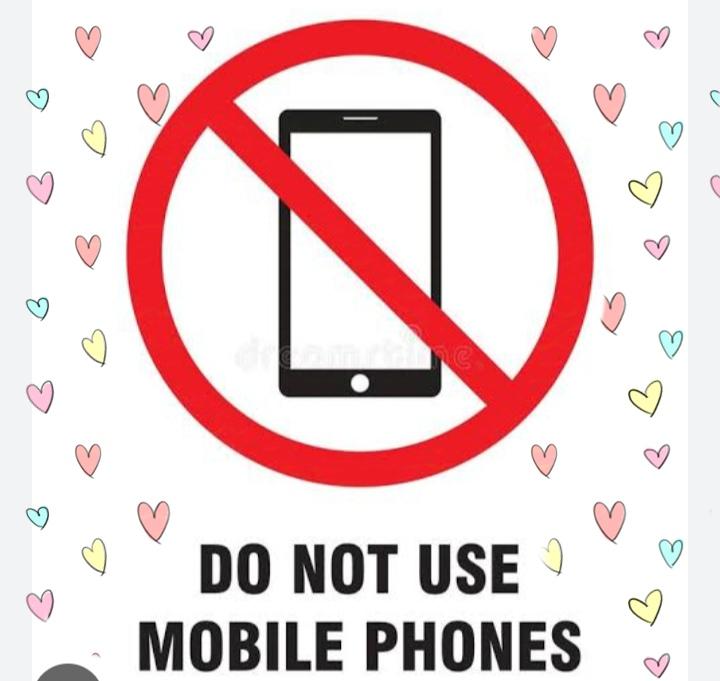Impact of Smartphones on Today's Generation
In the 21st century, smartphones have become a cornerstone of modern life. From communication to entertainment and productivity, these devices are indispensable tools for billions of people worldwide. However, their ubiquitous presence has sparked debate about their impact on today's generation. While they offer numerous benefits, the implications of smartphone usage span social, mental, and physical aspects, bringing both opportunities and challenges.
Positive Impacts of Smartphones
Connectivity and Communication
Smartphones have revolutionized communication by enabling instant connection across the globe. Platforms like WhatsApp, Zoom, and social media have bridged distances, fostering relationships and enabling collaboration in ways that were unimaginable just a few decades ago.
Access to Information
With the internet at their fingertips, today's generation has unprecedented access to knowledge. Smartphones empower users to learn new skills, stay informed, and access online courses, opening doors to educational and career growth.
Convenience and Productivity
Smartphones consolidate multiple tools into a single device—camera, GPS, calendar, calculator, and more—making daily life more efficient. Mobile apps have transformed industries, offering services such as online banking, shopping, and ride-hailing with just a few taps.
Entertainment and Creativity
Streaming platforms, games, and social media provide endless entertainment options. Smartphones also serve as creative outlets, enabling users to create and share content such as photography, videos, and artwork.
Negative Impacts of Smartphones
Mental Health Concerns
Excessive smartphone use has been linked to anxiety, depression, and sleep disturbances. The constant barrage of notifications and the pressure to stay connected can lead to stress and reduced attention spans.
Social Isolation
Ironically, while smartphones promote connectivity, they can also create a sense of isolation. Over-reliance on virtual interactions may weaken face-to-face communication skills and reduce the quality of real-world relationships.
Physical Health Issues
Prolonged smartphone use contributes to physical problems such as eye strain, neck pain, and poor posture. Additionally, excessive screen time can lead to sedentary lifestyles, increasing the risk of obesity and related health issues.
Addiction and Distraction
Smartphone addiction, particularly among younger generations, has become a growing concern. From compulsive social media scrolling to gaming, the addictive design of apps often diverts attention from productive activities, including work and study.
The Way Forward
To harness the benefits of smartphones while mitigating their drawbacks, a balanced approach is essential:
Digital Well-being Initiatives: Encourage mindful usage through apps and settings that monitor screen time and limit unnecessary notifications.
Education and Awareness: Teach younger generations about the responsible use of technology, emphasizing critical thinking and time management skills.
Promoting Offline Activities: Encourage hobbies and activities that reduce dependency on smartphones, such as sports, reading, or outdoor adventures.
Parental and Institutional Guidance: Parents and educators play a crucial role in setting healthy boundaries and promoting positive habits around technology use.
Conclusion
Smartphones are both a blessing and a challenge for today's generation. Their potential to connect, inform, and empower is undeniable, but their overuse can lead to significant social, mental, and physical consequences. By adopting a balanced and conscious approach to smartphone usage, society can maximize their benefits while minimizing the downsides, ensuring they remain a tool for progress rather than a source of distress.

